Leopardo 777 made in Japan for Peru
Leopardo 777 playing cards manufactured in Japan for the Estanco de Naipes del Peru, 1960s.
Playing cards manufactured in Japan for the Estanco de Naipes del Peru, 1960s
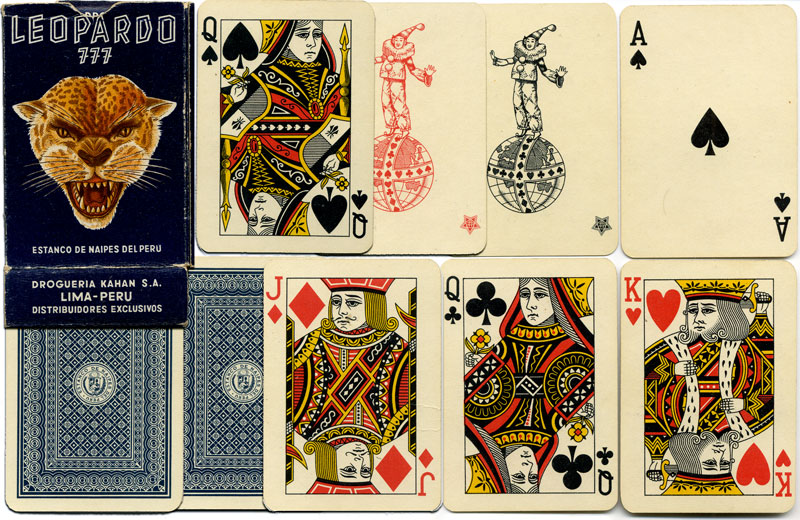
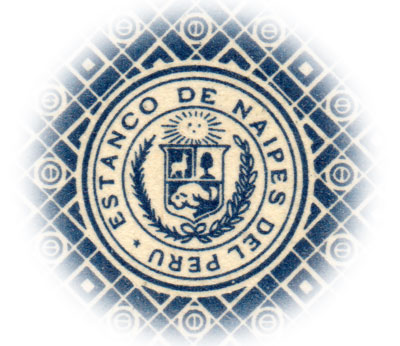
Above: "LEOPARDO 777" Playing Cards manufactured in Japan by The Universal Playing Card Co Ltd, Osaka, for the Estanco de Naipes del Perú, distributed exclusively by Drogueria Kahan, S.A., Lima, 1960s. The "Estanco de Naipes del Perú" logo is printed on the reverse of the cards.
Below: another pack with a similar box design manufactured for the Estanco de Naipes del Perú, with the name "Candle" and "Hawahita Ind. Co" on the ace of spades.

By Simon Wintle
Spain • Member since February 01, 1996 • Contact
I am the founder of The World of Playing Cards (est. 1996), a website dedicated to the history, artistry and cultural significance of playing cards and tarot. Over the years I have researched various areas of the subject, acquired and traded collections and contributed as a committee member of the IPCS and graphics editor of The Playing-Card journal. Having lived in Chile, England, Wales, and now Spain, these experiences have shaped my work and passion for playing cards. Amongst my achievements is producing a limited-edition replica of a 17th-century English pack using woodblocks and stencils—a labour of love. Today, the World of Playing Cards is a global collaborative project, with my son Adam serving as the technical driving force behind its development. His innovative efforts have helped shape the site into the thriving hub it is today. You are warmly invited to become a contributor and share your enthusiasm.

Leave a Reply
Your Name
Just nowRelated Articles

Líneas de Nazca
“Líneas de Nazca” souvenir playing cards, Peru, c.2008.

Bosco by A.S.S. for the Estanco de Naipes del Peru
‘Bosco’ Playing Cards manufactured by A.S.S. for the Estanco de Naipes del Peru, 1930s.
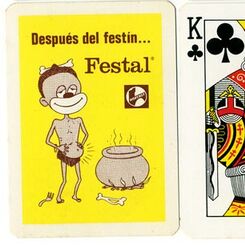
Litográfica del Perú
Litográfica del Perú S.A. were manufacturers of playing cards in Peru sometime around the decades of...
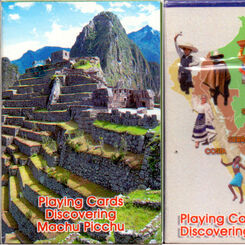
Fenno, Peru
Fenno souvenir playing cards, made in Peru.
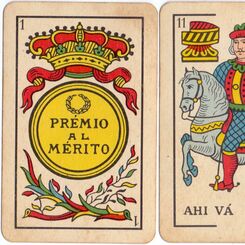
Cards for export to Peru by Heraclio Fournier
'El Caballo' brand (No.5P) playing-cards manufactured in Spain by Heraclio Fournier S.A. especially ...

Cusco Inca Souvenir
Pre-Incas & Incas Souvenir Playing Cards, Cusco, Peru, 2000.
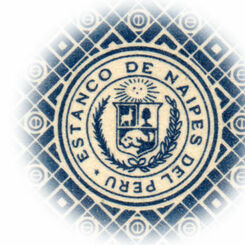
Estanco de Naipes del Perú
In October 1888 the Republic of Peru Congress passed Law no.26 establishing taxes on playing cards, ...
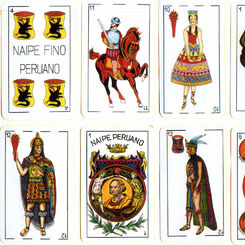
Naipe Peruano
Peruvian costumes playing cards.
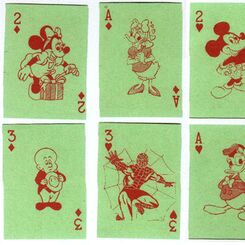
Disney playing cards from Peru
Disney playing cards from Peru.
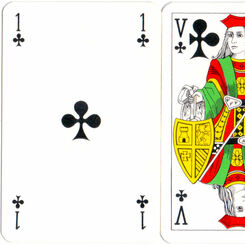
Biermans for the Estanco de Naipes del Peru
Standard Genoese pattern with French indices made by Biermans for Cigarrillo Holiday and the Estanco...
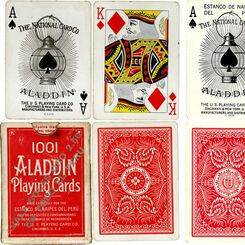
Playing Cards manufactured by The US Playing Card Co for the Estanco de Naipes del Peru
Playing cards manufactured by The US Playing Card Co for the Estanco de Naipes del Peru, 1920s - 195...

Toyo playing cards No.88 for Peru
Toyo playing cards No.88 manufactured in China for the “Estanco de Naipes del Perú”, 1950s.
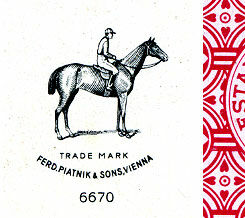
Piatnik & Sons for the“Estanco de Naipes del Perú”
Playing Cards made by Piatnik & Sons for the“Estanco de Naipes del Perú”, c.1960.
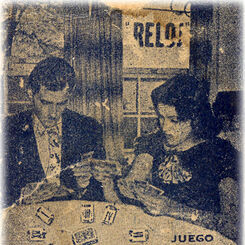
El Reloj card game by Imprenta Lecaros
“El Reloj” card game by Imprenta Lecaros, Lima, Peru, c.1920.

Naipes y Casinos Industria Peruana
Naipes Tipo Español “Naipes y Casinos” Industria Peruana.

Pavias Playing Cards made in Peru
Pavias playing cards made in Peru, c.1990.
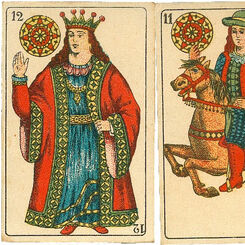
Cigarrillos Compadre, Peru, early 1900s
Spanish-suited playing cards for Cigarrillos Compadre, Peru, early 1900s
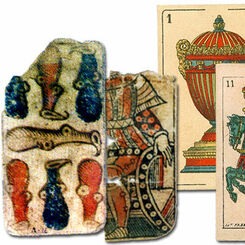
Peruvian Playing Cards
Playing cards have been travelling from Spain to South American colonies ever since Christopher Colu...

Coca~Cola themed pack for Ripley department store, Peru
Coca-Cola themed deck produced for Ripley Department Store, Peru, anonymous manufacturer, c.2000.

Spanish-suited deck for the Estanco de Naipes del Perú
Spanish-suited playing cards printed for the Estanco de Naipes del Perú.
Most Popular
Our top articles from the past 60 days


 Your comment here. Your comment here. Your comment here. Your comment here. Your comment here. Your comment here. Your comment here. Your comment here. Your comment here. Your comment here. Your comment here. Your comment here. Your comment here. Your comment here. Your comment here. Your comment here. Your comment here. Your comment here. Your comment here. Your comment here. Your comment here. Your comment here. Your comment here. Your comment here. Your comment here. Your comment here. Your comment here. Your comment here. Your comment here. Your comment here. Your comment here. Your comment here.
Your comment here. Your comment here. Your comment here. Your comment here. Your comment here. Your comment here. Your comment here. Your comment here. Your comment here. Your comment here. Your comment here. Your comment here. Your comment here. Your comment here. Your comment here. Your comment here. Your comment here. Your comment here. Your comment here. Your comment here. Your comment here. Your comment here. Your comment here. Your comment here. Your comment here. Your comment here. Your comment here. Your comment here. Your comment here. Your comment here. Your comment here. Your comment here.




















